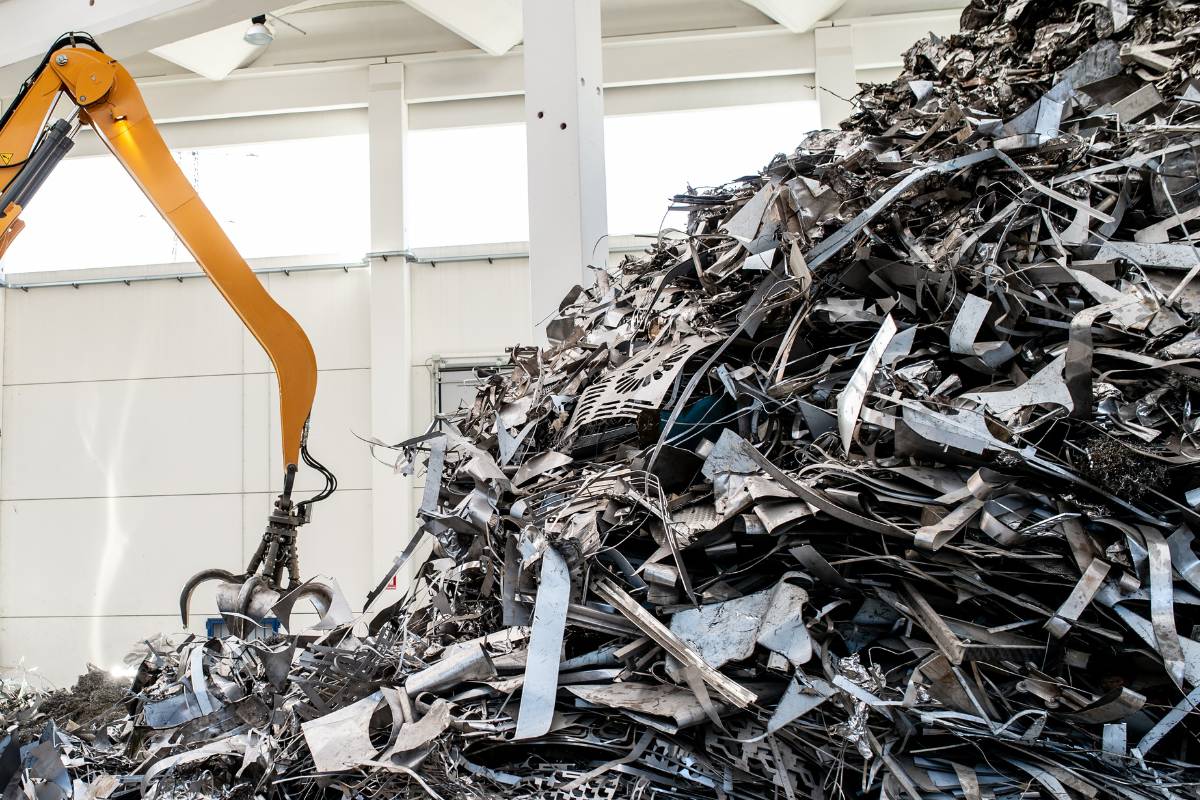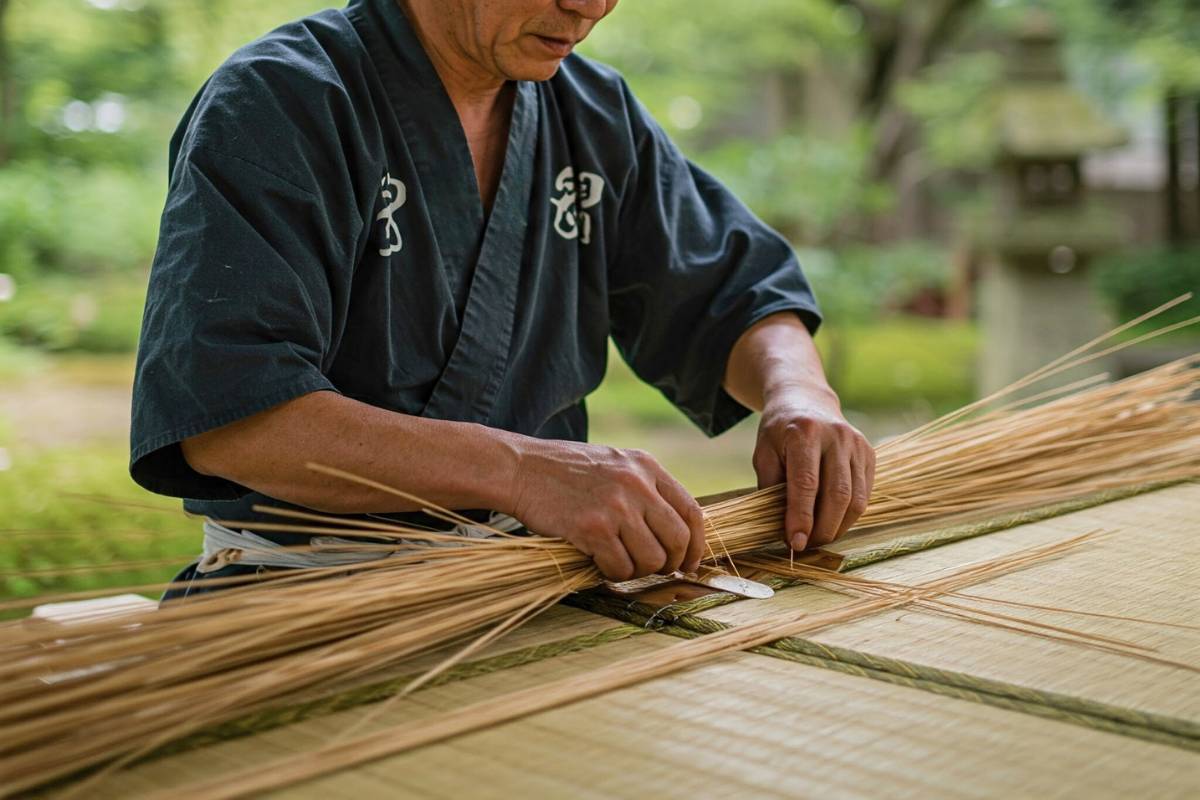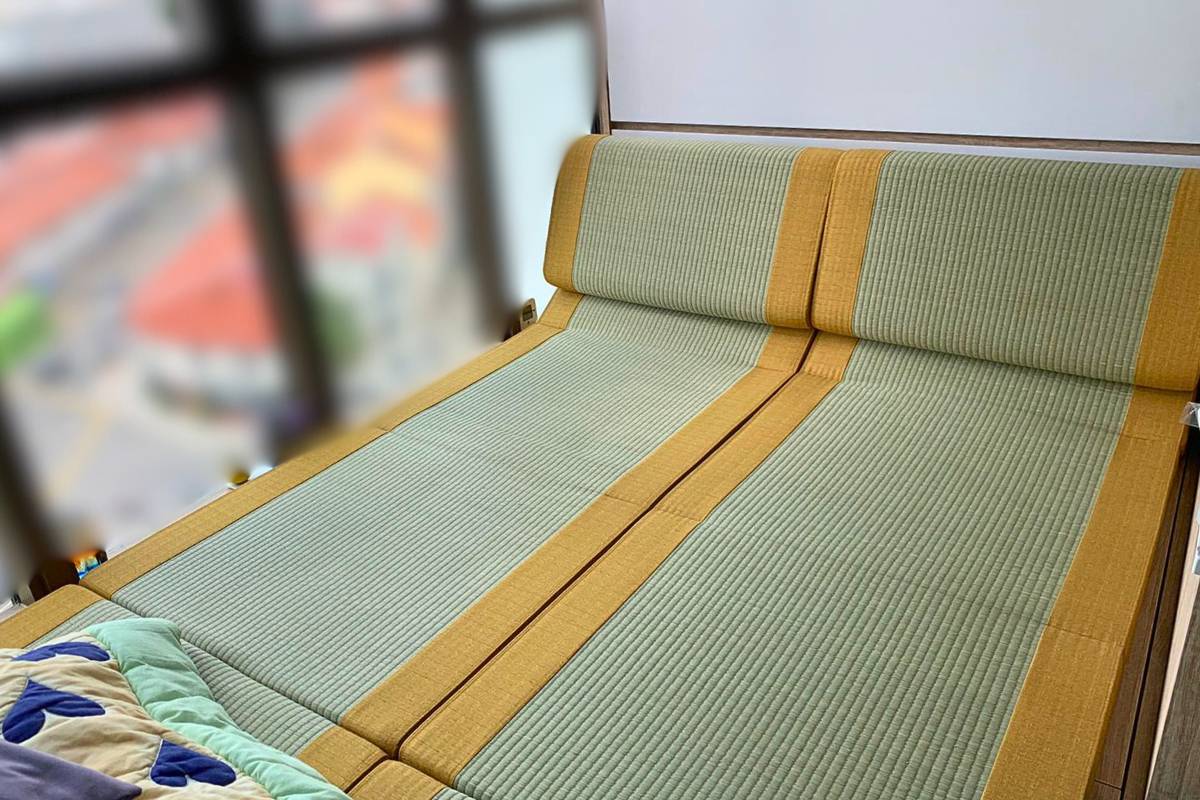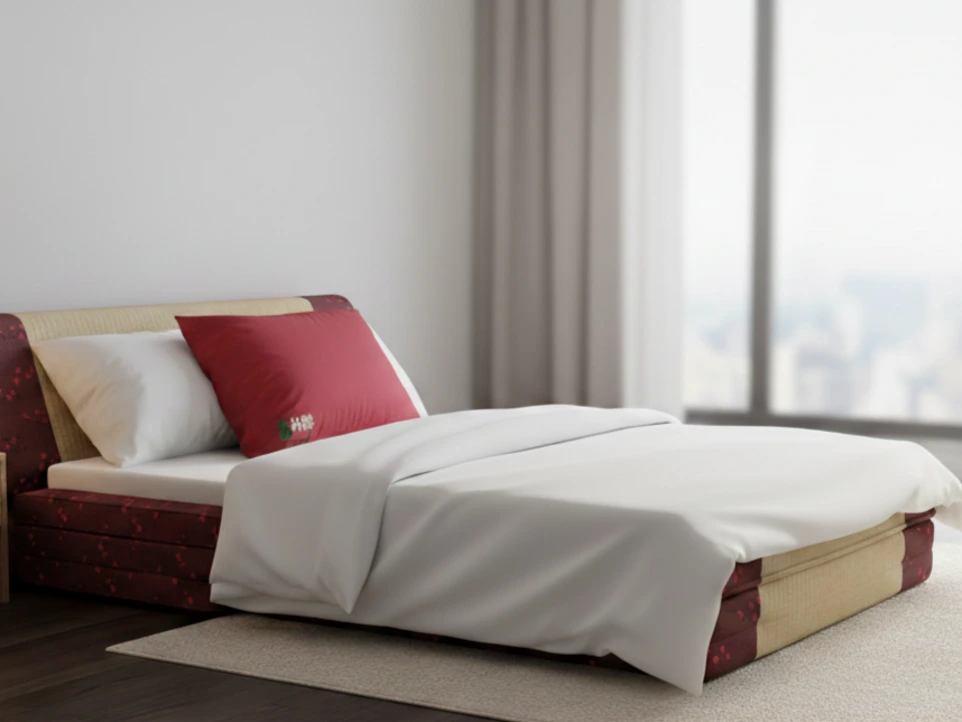Now that Earth Day has arrived, it might be time to consider whether the everyday items in our homes are silently harming the environment or contributing to it.
If there's one thing we've learned from our homes in recent years, it's that our environment affects our thoughts, feelings, and way of living. As the world grapples with climate change and a growing awareness of how everyday choices ripple beyond our walls, many are starting to rethink about the objects they fill their spaces with.
These days, furniture is more about impact than just function. The backstory of a product is just as important as its actual manufacturing process.
What's the True Difference Between Handcrafted and Mass-Produced?
Most of us have grown used to mass-produced furniture, such as foam-filled sofas, flat-pack shelves, and synthetic finishes created by machines in massive factories. It's quick, cheap, and practical, but it also comes with a price.

Mass production often means:
- Excessive use of industrial glues and synthetic materials
- High carbon footprints and long-distance shipping
- Increased landfill waste due to faster wear and tear
On the other hand, handcrafted furniture, such as the Tatami 9-in-1 Sofa Bed, conveys a different message. These pieces, which are handcrafted by skilled artisans using natural, renewable materials, are made with sustainability, wellness, and durability in mind.

Handcrafted often means:
- Careful use of natural, biodegradable resources
- Low-energy, low-waste production methods
- Objects made to last, remain functional over time, and age beautifully
An Organic Friend for Sustainable Living
Igusa Rush, a simple but impressive plant from Japan's Kumamoto area, forms the core of classic traditional Tatami. Igusa isn't just for floors. It stands for a subtle type of sustainability that our world desperately needs.

The reasons why Igusa is such a big deal:
- It’s a fast-growing, renewable plant that absorbs carbon dioxide while growing.
- Harvesting and weaving Igusa involves minimal to zero machinery, resulting in a lower environmental footprint from fewer harmful gas emissions.
- Tatami made from Igusa is fully biodegradable, unlike synthetic foams and plastics.
- It naturally purifies indoor air and regulates humidity, contributing to healthier homes.
It’s a material with roots in tradition and eyes on the future, perfectly in tune with growing movements toward mindful, eco-conscious living.
It’s Not Just About the Planet (It’s About You, Too)
Yes, the environment benefits when we choose natural, handcrafted furniture. But there’s a deeper, more personal side to this story.

Handcrafted furniture carries a sense of care, intention, and calmness you can feel. It ages with you, moves with you, and doesn’t need replacing every few years. In an age of fast everything, these small acts of choosing well and living with less matter not only for the earth, but for our own peace of mind.
When you run your hand over natural materials like Igusa, or experience the versatility of a handcrafted Tatami 9-in-1 Sofa Bed, you’ll feel the difference. It’s comfort without compromise. Sustainability without sacrifice.

